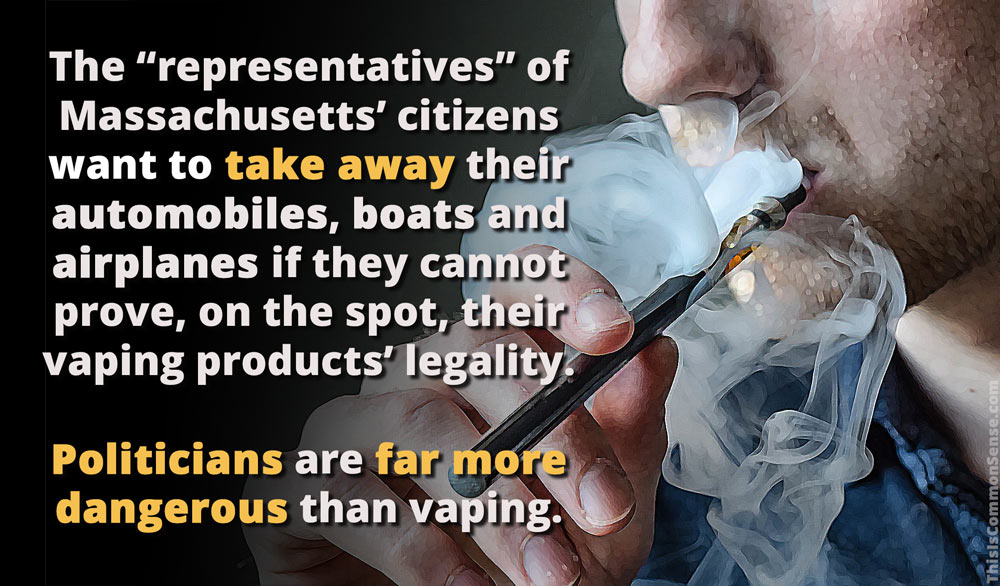The Office on Smoking at Health at the U.S. Centers for Disease Control and Prevention (CDC) is not telling the truth about the war on tobacco use.
In an article at Reason, Jacob Sullum convincingly argues that the CDC persists on portraying tobacco use amongst teens as in crisis.
According to the CDC, past progress has been “erased.”
Looked at one way, the stats are alarming: “The share of high school students who reported using e‑cigarettes in the previous month jumped from 11.7 percent in 2017 to 20.8 percent in 2018,” Sullum summarizes.
Sounds bad, eh?
But Sullum noticed something:
- the increase tobacco use is wholly the result of increased e‑cigarette usage, which is less harmful than smoking;
- very few of the increased number of vapers actually vape regularly, with less than 6 percent vaping daily; and
- smoking has dropped dramatically, with “past-month cigarette smoking among high school students [falling] from 28.5 percent to 5.8 percent.”
So, why isn’t the CDC proclaiming victory?
Well, there is something called “Spencer’s Law.” Taken from Herbert Spencer’s essay “From Freedom to Bondage,” it goes like this:
“The degree of public concern and anxiety about a social problem or phenomenon varies inversely as to its real or actual incidence.”
“In plain English,” philosopher Stephen Davies explains, “this means that when a social problem is genuinely widespread and severe it will attract little notice or discussion. It will only become the object of attention, concern, and controversy precisely when it is in decline and its severity is diminishing.”
Why?
In the CDC’s case, could it have something to do with unlikely funding for a war already won?
This is Common Sense. I’m Paul Jacob.

From a photo by Airman 1st Class Brittany Perry
See all recent commentary
(simplified and organized)
See recent popular posts








